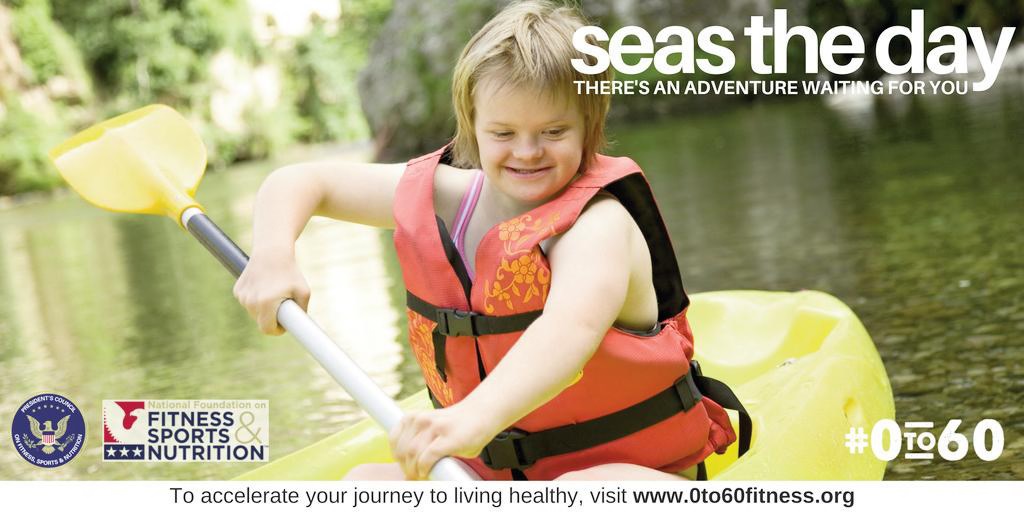to reduce body temperature
- Do not give oral fluids unless the person is alert and fully conscious
Untreated heat exhaustion can lead to heatstroke. When signs are noted, seek medical assistance and help the person cool down using the steps above. Medications that can affect the body's ability to cool down include certain diuretics, blood pressure medications, antidepressants, asthma drugs, antipsychotics, and others; it's a good idea to consult with your pharmacist or physician to determine if they might have this property.

Here are some general safety items to consider:
- Uneven ground increases the risk of tripping and falling
- Wear proper footwear for the activity (for example, do not
wear flip-flops for a hike)
- Pool areas can be slippery, as can mossy rocks near a lake or stream
- Avoid poisonous plants such as poison ivy, oak, and sumac
- Do not ingest plants and berries as many are poisonous
- Pay attention to pollen counts when people have allergies
- When humidity is higher, it is harder for a person to cool off, which can increase the risk of dehydration and heat exhaustion
- Check on people who live alone to make sure their home is staying cool
- Never leave a person in a vehicle alone or without appropriate supervision for any period of time
- Blisters can occur from shoes or ill-fitting clothing. Ensure correct fit and monitor for their appearance
- Be aware of hazardous wildlife, including snakes, spiders, bears, scorpions, and others in your area
- Have epi-pens available whenever someone is known to have severe allergic reactions. Always have two pens in case you need to repeat a dose before emergency help arrives
- Review medications with a pharmacist regarding their effects on light sensitivity and body temperature regulation
- Have a cell phone available and remain in areas of good signal unless other arrangements have been made for emergencies
Experiencing the great outdoors is an essential part of life. With proper precautions, preparation, and safety awareness, the risks of outdoor activities can be minimized so enjoyment can be had by all. For additional tips and information, visit replacingrisk.com/idd-resources to download this and other free resources, including the cold weather edition of The Great Outdoors! •
ABOUT THE AUTHOR:

Dr. Craig Escudé is a board-certified Fellow of the American Academy of Family Physicians and the American Academy of Developmental Medicine, and is the President of IntellectAbility. He served as medical director of Hudspeth Regional Center in Mississippi and is the founder of DETECT, the Developmental Evaluation, Training and Educational Consultative Team of Mississippi. He has more than 20 years of clinical experience providing medical care for people with IDD and complex medical conditions and is the author of "Clinical Pearls in IDD Healthcare" and the "Curriculum in IDD Healthcare."
